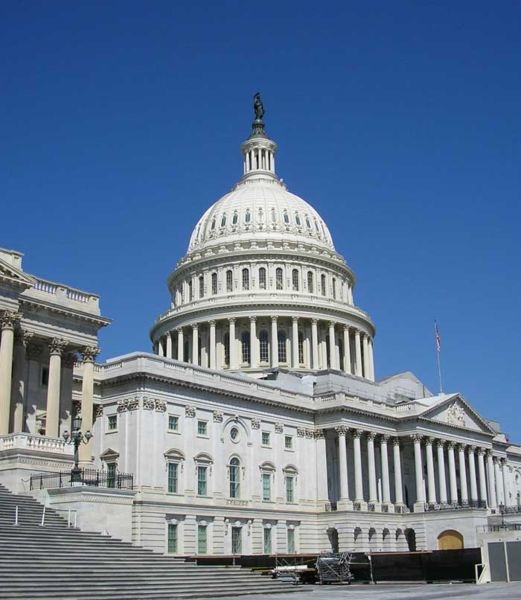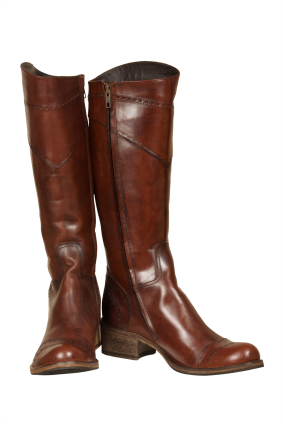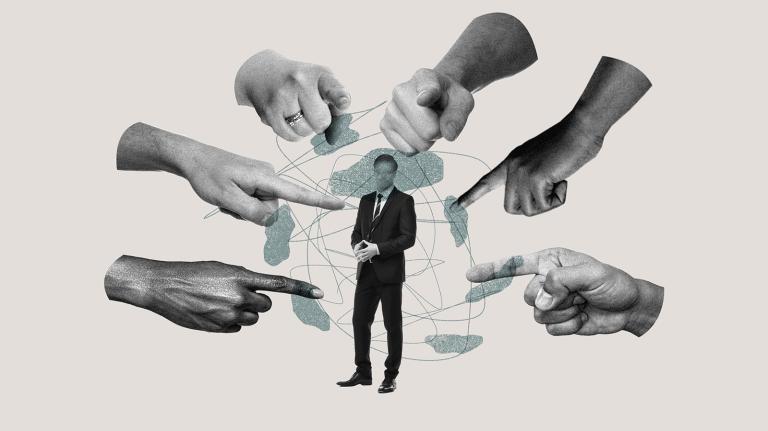 These boots are made for … trampling the rainforest? A lot of eco-minded folks these days generally know where their food comes from. They’d never walk into a supermarket and plunk an anonymous ribeye into their cart. They understand the tremendous greenhouse-gas footprint of beef; if they consume it at all, they do so sparingly, buying directly from nearby farmers who manage their land well.
These boots are made for … trampling the rainforest? A lot of eco-minded folks these days generally know where their food comes from. They’d never walk into a supermarket and plunk an anonymous ribeye into their cart. They understand the tremendous greenhouse-gas footprint of beef; if they consume it at all, they do so sparingly, buying directly from nearby farmers who manage their land well.
But what about shoes? What about dog chew toys–and car interiors? Leather furniture? Food is only one part of our material culture that comes from agriculture. And these other agricultural products, too, emerge from processes that are hidden from view for a reason: if we knew where the stuff came from, if we understood its impact on the Earth, we’d reject it.
That’s the point of an excellent new Greenpeace report on cattle production in the Brazilian Amazon.
Titled “Slaughtering the Amazon,” the report is really about the perils of using state policy to prop up global, corporate-dominated trade. Three clear themes emerge:
• The expansion of cattle production in Brazil drives Amazon deforestation–and deforestation in turn drives climate change. “The cattle sector in the Brazilian Amazon is the largest driver of deforestation in the world, responsible for one in every eight hectares destroyed,” the report states. ” Moreover, “globally, tropical forest destruction is responsible for around 20% of global GHG emissions.”
• The Brazilian government and the World Bank actively support the expansion of the nation’s cattle sector. Brazil already boasts the globe’s largest cattle herd and the highest share of beef exports, and is tied with China as the number-one leather exporter. As part of its policy of promoting export-led growth, the government hopes to see its share of the global beef-produtcs market double within the next decade, Greenpeace reports. And it’s backing that goal with cash:
In July 2008, Brazil’s president lula announced the 2008/2009 Agricultural and livestock plan, which made available $41 billion in credit lines to boost agricultural and livestock production. 85% of this credit was designated for corporate agriculture.
Moreover, the government invested $2.65 billion between 2007 and 2009 in three gigantic beef processors that Greenpeace has found to buy cattle from illegal operations on deforested rainforest land.
Meanwhile, the World Bank’s International Financial Corporation gave a $90 million loan to one of those processors, Bertin, to expand a slaughterhouse “in one of the most high-risk regions of the Amazon,” Greenpeace states.
Both the World Bank and the Brazilian government deplore deforestation and trumpet measures to stop it. The official line is that the nation can dramatically expand cattle production without mowing down another inch of rainforest. The Greenpeace report exposes that ideal as a fantasy. Indeed, before doling out the $90 million loan, a World Bank auditor declared that the project “poses a grave risk to the environment and to the Bank’s reputation,” Greenpeace reports. Evidently, the ideology that “developing nations” like Brazil must gear their economies to export-led growth trumped those concerns.
• The real beneficiaries of such policies are not Brazilians. Indeed, labor conditions on Amazonian cattle farms are harrowing–and often tantamount to slavery, Greenpeace shows. Rather, it’s the companies that buy the products cheap and sell them dear. Greenpeace demonstrates that rainforest leather ends up in the high-end luxury cars of automakers Honda, Toyota, and BMW; in the shoes of Clark’s (of which I own a pair), Timberland, and Nike; in the high-fashion products of Prada and other Italian design houses; and in the furniture of Ikea.
There is a role for consumer choice in stopping this process. But we also need new ideas at Washington-based institutions like the World Bank and the IMF. The idea of of constructing a global economy based on large-scale, corporate-led trade is looking increasingly discredited. Building economies that work for people in places like Brazil would decrease pressure on the rainforest–and slow the pace of global warming.



